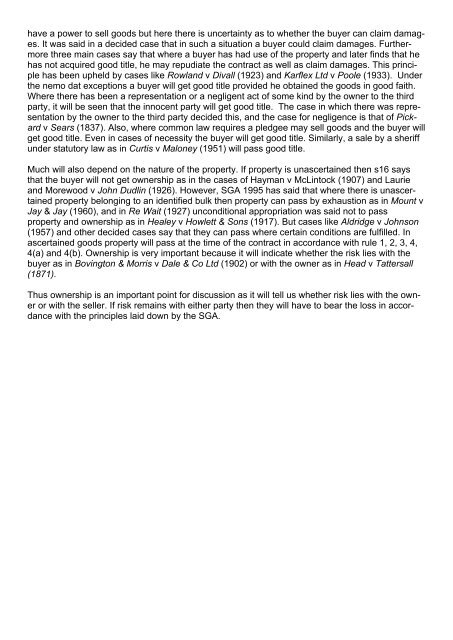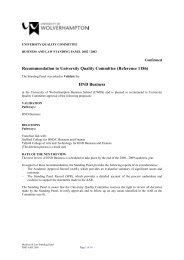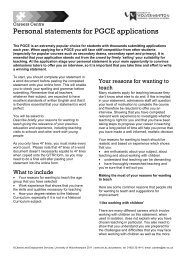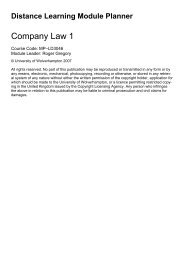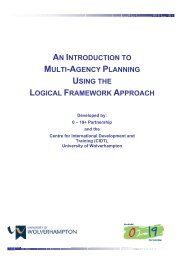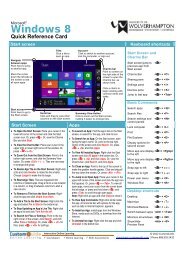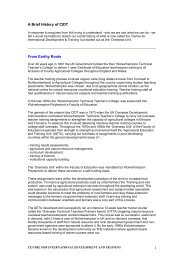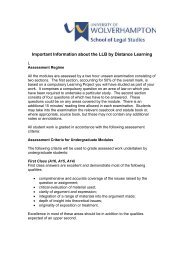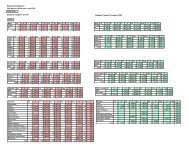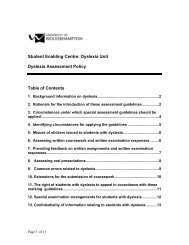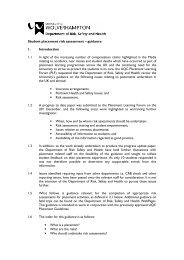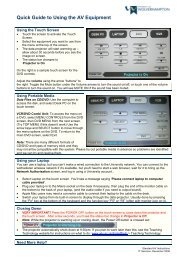the agent and this does not have any relation to criminal law. It was said in Folkes v King (1923)that as long as the owner consents to the person having any property then it is <strong>of</strong> no relevancethat the owner would not have consented had he known that the person was acting on the basis <strong>of</strong>fraud.In relation to this case, Oscar handed over the car along with its registration book to Sam. It isshown that there was consent on the part <strong>of</strong> the owner; however, one <strong>of</strong> the major factors <strong>of</strong> discussionis that later Oscar, on learning <strong>of</strong> Sam’s financial difficulties, did call Sam and told him notto sell the car. This is where Oscar prohibited Sam from selling his car. However, Sam did sell thecar to Tim for £7,000 cash.It is very important at this point to discuss Tim’s position as to whether he did get good title, sinceSam acted outside his authority and against Oscar’s wish.It is very important to discuss Pearson v Rose and Young (1951) which is a case on whether aninnocent purchaser’s right is protected. It was said in this case that the question is whether thetitle <strong>of</strong> the innocent purchaser is protected by s2(1) <strong>of</strong> the Factors Act 1889. The car and the registrationbook must, for the purposes <strong>of</strong> this section, be in the possession <strong>of</strong> the mercantile agent inthe ordinary course <strong>of</strong> his business. A sale <strong>of</strong> a car without the registration book would not be sucha sale. In the present case it seems that Oscar did consent to Sam having the car as well as theregistration book, but later, however, he told him not to sell the car. The agent, it seems to me,was never in possession <strong>of</strong> the registration book with the consent <strong>of</strong> Oscar after the telephonecall. The agent did have ostensible authority but no actual authority.However, there can be difficulty here again for Oscar since in the first place he did consent to Samhaving both the car and the registration book, and it was stated in Folkes v King (1923) if the ownerconsents then it is not relevant that he would not have, if he had known that the other personwas acting on the basis <strong>of</strong> fraud. It is said that parliament does not protect the true owner if hehimself consented to a mercantile agent having possession <strong>of</strong> the goods. By leaving the agentwith this authority, it seems that Sam was acting as the true owner himself. Three main points <strong>of</strong>consideration are the fact that the agent is guilty <strong>of</strong> larceny or fraud does not in itself prevent theoperation <strong>of</strong> the Factors Act. Secondly, consent may have initially been obtained by fraud, but untilavoided, it is consent which enables the Factors Act to operate. Thirdly, if the purchaser is onewho obtains goods in good faith he will be said to have obtained good title.Now turning to the position <strong>of</strong> Tim, two considerations need discussion. Firstly, Tim had boughtthe car and it was apparent that as the agent had the registration book, an innocent purchasercould reasonably believe that the agent had consent, since the possession <strong>of</strong> a registration bookis conclusive evidence generally that an agent has consent. In this respect, the Factors Act willprotect him, as he has paid cash and there was no fraud on his part. However, since Oscar didlater tell Sam not to sell the car it can be said that the agent had no authority to do so, and Tim didnot obtain a good title. One factor <strong>of</strong> paramount importance is that it is the basis <strong>of</strong> the Factors Actto protect innocent purchasers, and Tim will likely be protected by it and thus he may be said tohave good title.Tim later sold the car to Yus<strong>of</strong> for a cheque and it has been dishonoured. It will be important toconsider that no property in the goods has passed to Yus<strong>of</strong> since Tim has informed the police, andit was said in the case <strong>of</strong> Car & Universal Finance Co Ltd v Caldwell (1965) that a contract can beset aside by taking reasonable steps, and Tim did so. Thus it can be seen that Tim is an unpaidseller and according to s38(1) where there is payment by cheque there is a condition that theproperty will not pass in the goods until the cheque is valid.Asif has been sold the car by Yus<strong>of</strong> but it is said in the nemo dat rule that the buyer will not getgood title in cases where the seller does not have the title to sell. After having considered the firstpart <strong>of</strong> the question, we shall turn to part (b) <strong>of</strong> the question, since it needs detailed analysis <strong>of</strong>various important points. b It will be seen from the <strong>Sale</strong> <strong>of</strong> <strong>Goods</strong> Act that people who cannotclaim ownership will have various remedies. Section 12(1) says that the seller should pass goodtitle to the buyer. Where a seller does not pass good title, the buyer can claim damages as wasdone in Niblett v Confectioners Materials (1921). A seller may, under the nemo dat exceptions,
have a power to sell goods but here there is uncertainty as to whether the buyer can claim damages.It was said in a decided case that in such a situation a buyer could claim damages. Furthermorethree main cases say that where a buyer has had use <strong>of</strong> the property and later finds that hehas not acquired good title, he may repudiate the contract as well as claim damages. This principlehas been upheld by cases like Rowland v Divall (1923) and Karflex Ltd v Poole (1933). Underthe nemo dat exceptions a buyer will get good title provided he obtained the goods in good faith.Where there has been a representation or a negligent act <strong>of</strong> some kind by the owner to the thirdparty, it will be seen that the innocent party will get good title. The case in which there was representationby the owner to the third party decided this, and the case for negligence is that <strong>of</strong> Pickardv Sears (1837). Also, where common law requires a pledgee may sell goods and the buyer willget good title. Even in cases <strong>of</strong> necessity the buyer will get good title. Similarly, a sale by a sheriffunder statutory law as in Curtis v Maloney (1951) will pass good title.Much will also depend on the nature <strong>of</strong> the property. If property is unascertained then s16 saysthat the buyer will not get ownership as in the cases <strong>of</strong> Hayman v McLintock (1907) and Laurieand Morewood v John Dudlin (1926). However, SGA 1995 has said that where there is unascertainedproperty belonging to an identified bulk then property can pass by exhaustion as in Mount vJay & Jay (1960), and in Re Wait (1927) unconditional appropriation was said not to passproperty and ownership as in Healey v Howlett & Sons (1917). But cases like Aldridge v Johnson(1957) and other decided cases say that they can pass where certain conditions are fulfilled. Inascertained goods property will pass at the time <strong>of</strong> the contract in accordance with rule 1, 2, 3, 4,4(a) and 4(b). Ownership is very important because it will indicate whether the risk lies with thebuyer as in Bovington & Morris v Dale & Co Ltd (1902) or with the owner as in Head v Tattersall(1871).Thus ownership is an important point for discussion as it will tell us whether risk lies with the owneror with the seller. If risk remains with either party then they will have to bear the loss in accordancewith the principles laid down by the SGA.


